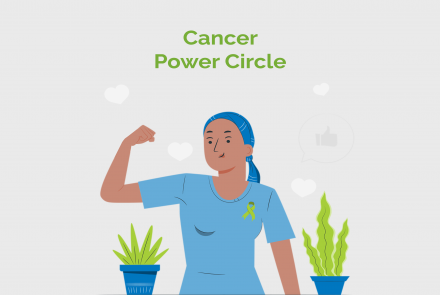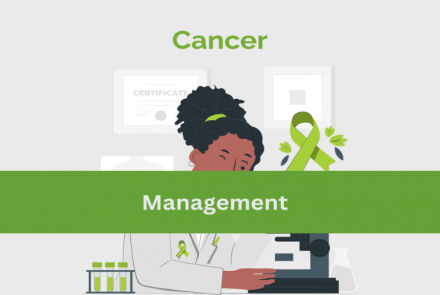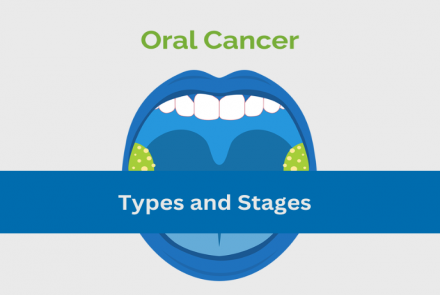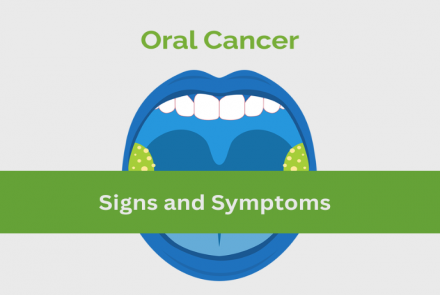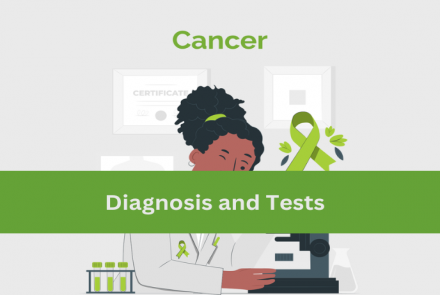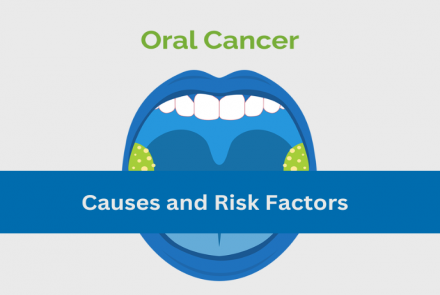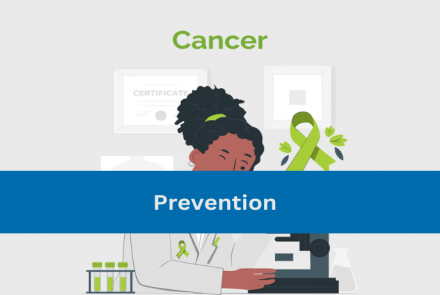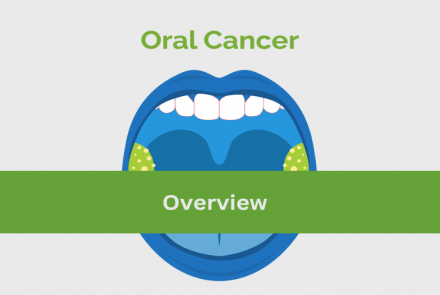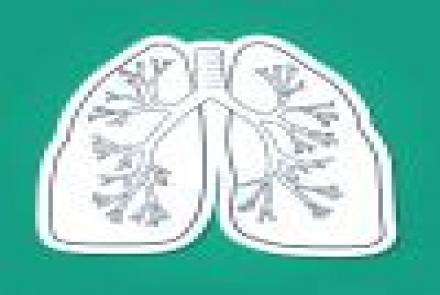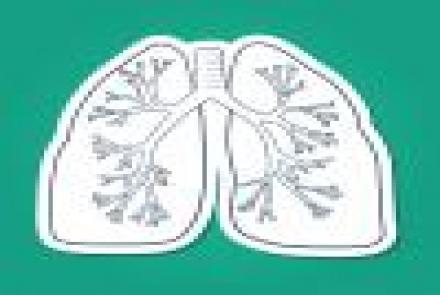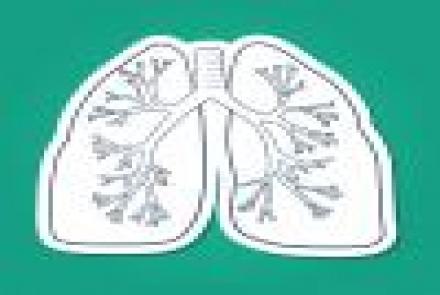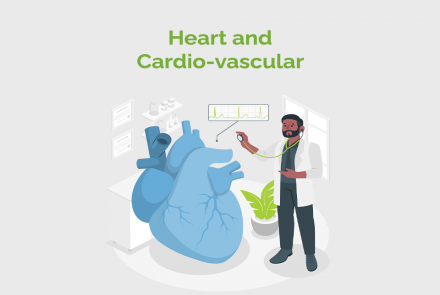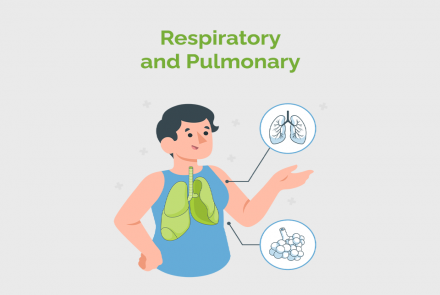This Community will address questions and discussions on all forms of Cancer. We will support each other - patients and caregivers in their journey
Hello,
My name is Hiba Siddiqui and I am currently working as a Senior Psycho-oncologist at Max
Institute of Cancer Care at Max Healthcare (Delhi-NCR, India). I have been practicing as a
psychologist, with a specialization in Psycho-oncology for 12…

